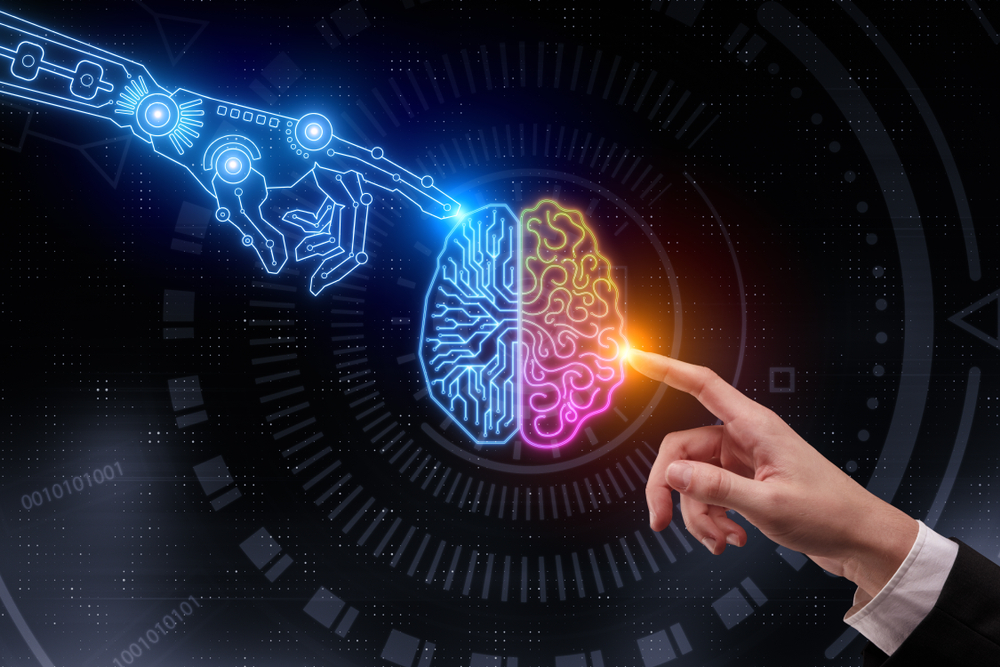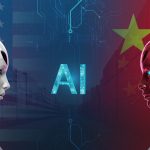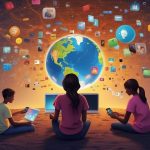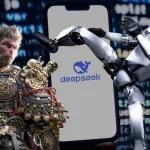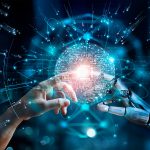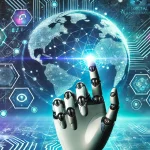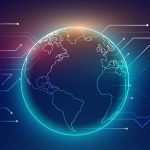Introduction
The modern world stands on the edge of a digital transformation where artificial intelligence, celebrity influence, and political innovation converge to define the new global order. Technology has become the silent architect behind social trends, policymaking, and even entertainment culture.
From Hollywood to global parliaments, digital tools now shape how ideas spread and how public sentiment evolves. The fusion of fame, AI, and governance marks a turning point where power no longer rests solely in institutions but in data and digital visibility.
Artificial Intelligence and the New Global Narrative
AI is rewriting how information is created and consumed. News outlets, research institutions, and tech corporations are using machine learning to analyze global issues faster and more accurately than ever before.
This technological revolution is altering diplomacy, economics, and communication. Nations with advanced AI infrastructure wield unprecedented power, setting new standards for innovation and influence in a rapidly shifting geopolitical landscape.
Celebrities as Global Voices of Technology
Fame and technology have never been more intertwined. Celebrities like Elon Musk, Kim Kardashian, and Tom Hanks are using digital tools not just for publicity but to advocate for tech-driven change.
Their participation in environmental initiatives, NFT markets, and AI-powered entertainment has blurred the boundaries between advocacy and entrepreneurship, redefining the role of celebrity as a global thought leader.
The Role of Social Media in Shaping Global Discourse
Social media platforms powered by AI algorithms have transformed into digital arenas where politics, entertainment, and technology merge. Every post, video, and comment contributes to shaping global opinion in real time.
These networks have given rise to citizen journalism and political mobilization, allowing movements to spread across borders with unprecedented speed. Yet, the same platforms also fuel misinformation, political polarization, and digital manipulation.
Political Power in the Age of AI Surveillance
Governments worldwide are using artificial intelligence for surveillance, border control, and crime prevention. Predictive analytics and biometric tracking systems are now integral to national security strategies.
While these innovations promise efficiency and protection, they also threaten privacy and civil liberties. Balancing digital control with human rights has become one of the greatest ethical dilemmas of the modern political age.
Technology and the Economics of Influence
The global economy increasingly revolves around digital visibility and algorithmic control. From influencer marketing to data monetization, fame itself has become a measurable commodity traded across platforms.
Tech corporations dominate this ecosystem, transforming entertainment and politics into profitable digital economies. The race to control online engagement is now as influential as traditional financial power.
The Cultural Shift Toward Digital Identity
People worldwide are constructing new identities in the digital space. Virtual avatars, AI-driven personalization, and online communities have redefined the concept of self-expression and social connection.
This shift represents both empowerment and vulnerability. While technology gives individuals global reach, it also exposes them to manipulation and loss of privacy, challenging the meaning of authenticity in a virtual world.
FAQs
How is AI influencing global culture?
AI shapes how people communicate, consume media, and understand global issues by personalizing information delivery and analysis.
Why are celebrities involved in tech innovation?
Celebrities use their influence to promote emerging technologies, invest in startups, and raise awareness about digital ethics.
How is social media impacting global politics?
Social media drives political movements, influences elections, and amplifies global narratives through AI-powered recommendation systems.
What are the risks of AI surveillance?
It can lead to privacy violations, misuse of data, and overreliance on predictive algorithms in policy enforcement.
Is fame becoming a digital economy?
Yes, online influence and engagement metrics now directly impact business, politics, and cultural relevance worldwide.
Conclusion
Artificial intelligence has redefined global power by merging technology with fame and governance. The world’s most influential figures now use digital platforms to shape public discourse and social change.
The next chapter of human progress will depend on how responsibly these forces are managed. If guided by transparency, collaboration, and ethics, the convergence of AI, politics, and celebrity culture could create a more informed and connected global society.

